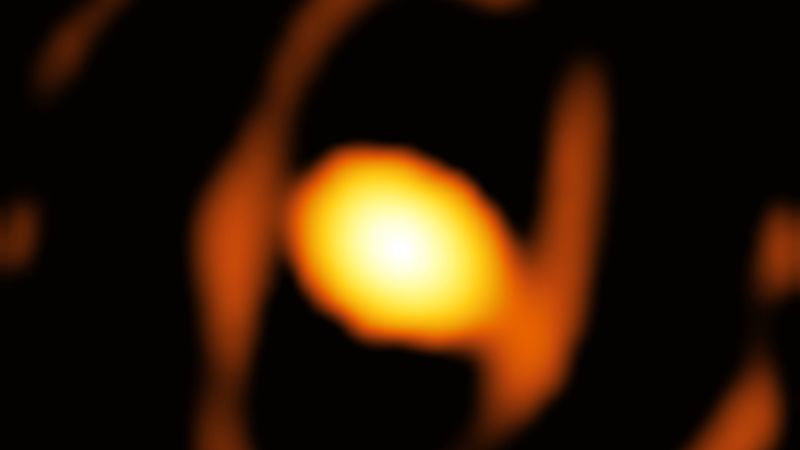
Autonomous
In the context of space and astronautical engineering, autonomous refers to the ability of a spacecraft or a system to operate and make decisions without human intervention. Autonomous systems are designed to perform tasks such as navigation, guidance, and control, as well as scientific observations and data analysis, with a high degree of independence and reliability. Autonomous spacecraft are equipped with advanced sensors, processors, and algorithms that enable them to perceive their environment, process information, and execute commands in real-time, even in the absence of direct communication with Earth. Autonomous systems are essential for space exploration missions that require long-duration operations, such as interplanetary missions, where communication delays and limited bandwidth make real-time control impractical. Autonomous systems also have applications in Earth observation, satellite servicing, and space debris removal, where they can improve efficiency, safety, and cost-effectiveness.
Your Previous Searches
Random Picks
- Consolidation: Consolidation in space and astronautical engineering refers to the process of combining or merging multiple spacecraft or space systems into a single entity. This can be done for a variety of reasons, such as to reduce costs, increase effic ... Read More >>
- Electromagnetic Field: Electromagnetic field (EMF) refers to the physical field produced by electrically charged objects. In space and astronautical engineering, EMF plays a crucial role in the design and operation of spacecraft and their communication systems. T ... Read More >>
- Chemical Reactions: Chemical reactions are processes that lead to the transformation of one set of chemical substances to another. In space and astronautical engineering, chemical reactions are used in various applications such as rocket propulsion, life suppo ... Read More >>
Top News

First close-up image of a star beyond our galaxy may reveal impending supernova...
Astronomers have taken the first close-up image of a star beyond our galaxy, and it’s a “monster star” surrounded by a cocoon as it slowly dies....
News Source: CNN on 2024-11-21

Bestselling author explains the science of happiness: "You can do the work"...
Bestselling author and Harvard professor Arthur Brooks opens up about how enjoyment, satisfaction and meaning in life can increase a person's wellbeing....
News Source: CBS News on 2024-11-18

November's full moon, known as the Beaver Moon, is the last supermoon of 2024. H...
November's full moon, known as the Beaver Moon, is the last supermoon of 2024. Here's when it peaks and why it's called the Beaver Moon....
News Source: CBS News on 2024-11-15

You can't put a price on the sense of awe particle physics inspires...
Astronomy and particle physics are no longer seen as vital by the US establishment, so funding has fallen. But our work creates a sense of wonder, and wonder matters, says Chanda Prescod-Weinstein...
News Source: New Scientist on 2024-11-13

If you want to stretch your gift game into days this holiday, check out these ad...
The advent calendar phenomenon is growing every year, with so many exciting, fun, beautiful, and delicious options available...
News Source: ABC News on 2024-11-04